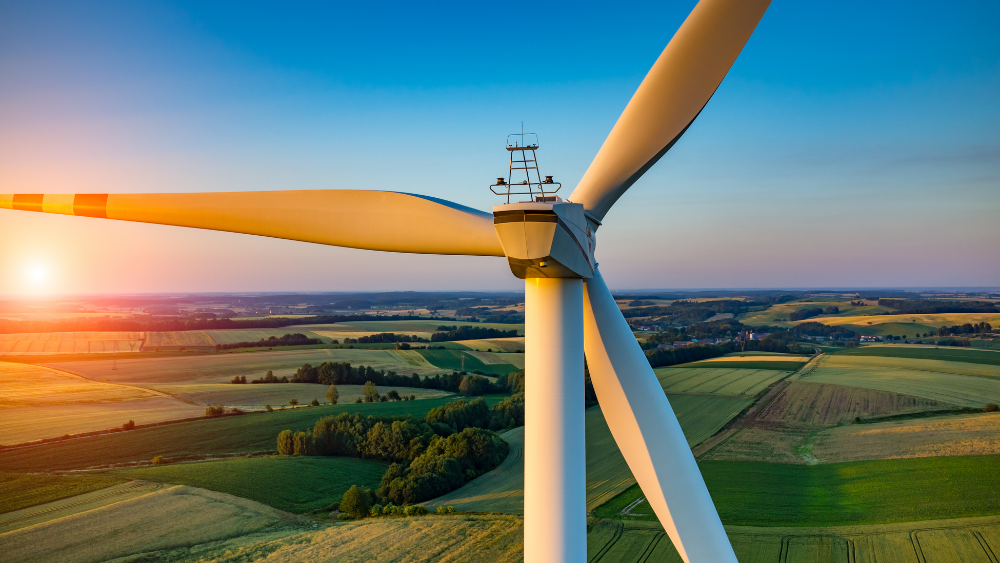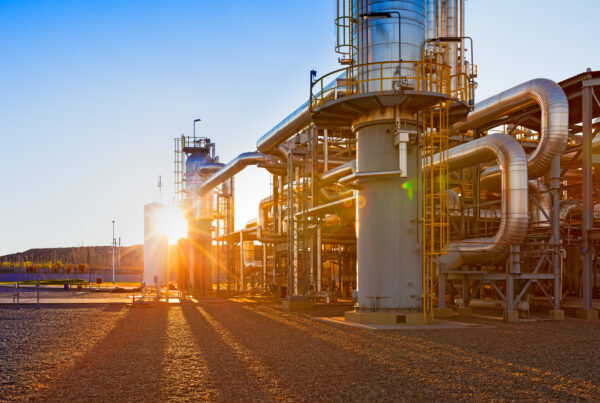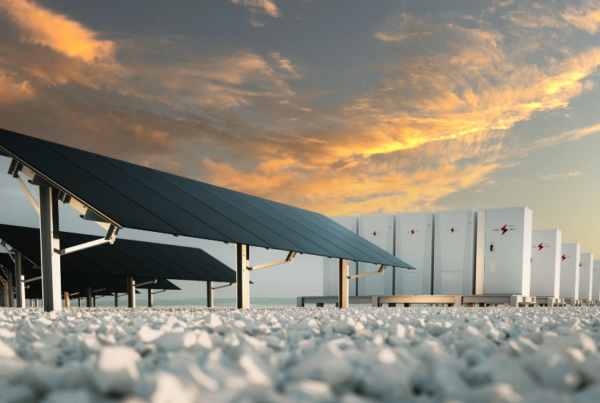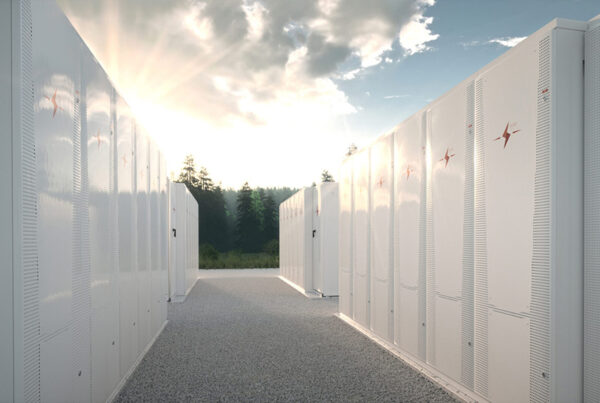
- The European energy crisis is not over: power prices are more than double the pre-Covid average, and will remain above average as carbon prices and electricity demand increase over time, Aurora Energy Research forecasts.
- Much of the action to mitigate the crisis so far has focussed on temporary demand reduction; delivering permanent solutions will require at least 800bn € of investment by 2030 in the power sector alone, and a rapid acceleration of decarbonisation across economies.
- Speeding up decarbonisation in the UK will require extensive reform—grid network buildout and electricity market design are among the key obstacles that need to be addressed whilst minimising costs to consumers, and other countries face similar challenges.
- The EU’s drive to reform electricity market design may slow decarbonisation within the bloc by creating uncertainties for investors and muting incentives to encourage demand flexibility.
- Aurora Energy Research’s Richard Howard, Hanns Koenig, and Emma Woodward presented this analysis across three keynote speeches at the Aurora Spring Forum 2023—view their presentations in the Spring Forum Highlights Pack here.
Europe’s energy sector has come to the end of its most challenging winter in recent memory. Sudden cuts to gas imports from Russia, once the continent’s largest gas supplier, threatened to destabilise markets and cause widespread shortages. Despite a 67% drop in Russian gas flows over the course of 2022, compared to pre-Covid levels, Europe’s worst fears did not materialise—mass blackouts did not take place, gas storages were not emptied, and electricity prices1 have fallen by 80% from their peak in August 2022. But, although the worst of the storm may have been weathered, Europe’s energy crisis is not over: electricity prices2 remain 190% higher than the pre-Covid average and will not revert to pre-Covid levels before 2060, Aurora Energy Research forecasts.
Demand reduction played a crucial role in abating the energy crisis over the winter: gas consumers in the power sector switched to coal, whilst some industrial sectors cut production, curbing their gas demand, and mild weather conditions supported lower residential energy consumption. These temporary measures accounted for 36% of Europe’s total year-on-year drop in gas demand in 2022, analysis presented at the Aurora Spring Forum 2023 shows. More permanent solutions are needed to address the crisis in the long term. Accelerating the deployment of renewable power generation capacity could play a key role—achieving the EU’s target of generating 45% of its electricity from renewables by 20303 would bring German power prices down by 9%, compared to Aurora’s base case. Achieving the target would, however, require at least 800bn € capital expenditure investment in the European power sector alone by 2030, Aurora calculates.
Costs are not the only obstacle to ending the European energy sector’s dependence on gas. Renewables developers in the UK, for example, face significant barriers to bringing projects online—only 4% of applications to connect to the national electricity transmission system made between 2018 and 2021 have so far resulted in a connection, Aurora finds. The transmission system operator’s plan to expand the network to facilitate increased renewable generation capacity requires transmission infrastructure buildout to increase by 312% in 2023-2033, compared to 2012-2022. Without this expansion, renewable generation in certain areas will surpass the capacity of local transmission assets, preventing available power from being delivered to consumers. Electricity market design reform could incentivise renewables buildout further away from potential transmission bottlenecks, but reform processes create uncertainty for developers and investors in the short term, potentially delaying projects.
Electricity market design has become a central component of the EU’s efforts to mitigate the energy crisis. Fears of a complete overhaul have faded since the European Commission unveiled its latest reform proposal last month—earlier suggestions to fundamentally reform markets’ core marginal pricing systems have not been included, avoiding a deceleration of renewables buildout as developers and investors assess whether projects are viable in new market structures. But the risk of slowing decarbonisation remains: the Commission’s proposals to reduce peak power demand, for example, may disincentivise investment in the low-carbon flexible technologies needed to replace coal- and gas-fired peaking power plants by reducing the potential revenues available to assets from existing flexibility markets. And much remains uncertain—the proposal does not include measures to incentivise firm generation capacity or reduce anticipated grid congestion, both of which will need to be addressed as power systems decarbonise.
Richard Howard, Research Director, Aurora Energy Research, commented:
“In the wake of the energy crisis and ramp down in Russian gas supplies, Europe has achieved a huge shift in its energy usage. Doubling down on decarbonisation would cut emissions and gas use and reduce power prices, but many barriers stand in the way of success—slow permitting and constraints in grid connections are compounded by high supply chain costs, and Europe must compete for capital investment and supply chains with attractive incentives in the US.”
Emma Woodward, Project Leader, UK and Ireland, Aurora Energy Research, commented:
“There is no one clear route to removing the obstacles to decarbonisation in the UK whilst minimising costs to consumers. Sweeping reforms are needed to accelerate renewables deployment and managing the ensuing uncertainty for investors while keeping costs down will be extremely challenging.”
Hanns Koenig, Managing Director, Central Europe, Aurora Energy Research, commented:
“The European Commission’s proposed reform of the EU electricity market design is not as drastic as many statements over the past year suggested. However, this does not mean that the changes will be minor; for instance, efficiently mobilising investments in power system flexibility could be made substantially harder by the proposals.”
1 Average German wholesale electricity day-ahead prices
2 Average German wholesale electricity day-ahead prices
3 Per the REPowerEU Plan
– ENDS –
MEDIA CONTACT
Megan Tracey, European Press Officer
megan.tracey@auroraER.com | +44 (0)7810 817354
ABOUT AURORA
From its Oxford academic roots, Aurora Energy Research has grown to become the largest dedicated power market analytics company in Europe, providing data-driven intelligence for strategic decisions in the global energy transformation. We are a diverse team of more than 350 experts with vast energy, financial, and consulting backgrounds, covering power, hydrogen, carbon, and fossil commodities. We are active in Europe, Australia, and the US, working with world-leading organisations to provide comprehensive market intelligence, bespoke analytic and advisory services, and cutting-edge software.






